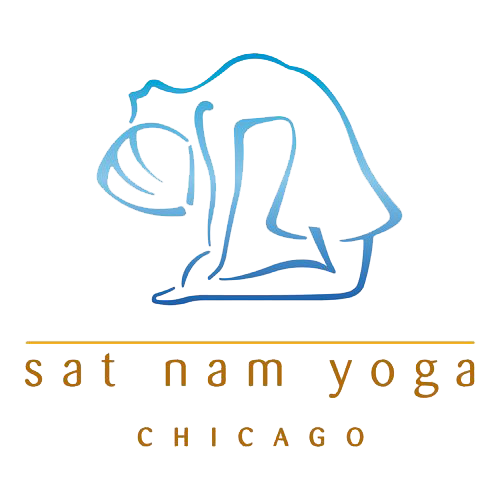Countering Cold Depression
Do you ever feel "tired and wired?"
It's a common sensation in our modern world - the exhaustion of stretching beyond our limits to meet life's demands; the chronic state of underlying tension.
From doom-scrolling in bed at night to jumping straight into your to-do list when your eyelids open, most of us have forgotten how to live in rhythmic harmony with our nervous system.
Life comes at us full-force these days. And we're all opted-in to the chaos by default. Never-ending stimulus, information overload, constant change, and endless options selling a "quick fix" to our problems... In the midst of so much static, it doesn't take long for the external pressure to overwhelm our system's capacity to meet it. And with taxed energy reserves from trying to keep up with it all, it's easy to find ourselves fatigued and insensitive to our own selves.
Numbness to the soul is a hallmark of Cold Depression. It happens when, in our attempt cope with a status quo of frozen stress, our sensitivity becomes dull. We literally shut off our innate capacity to feel as a protective mechanism from the overwhelm. And though it may help us get by in the face of overwhelm, it's a losing strategy in the long-term. Ultimately, we find ourselves cut off from our spirit and intuitive guidance, and an accompanying loss of purpose in our day-to-day affairs and prevailing sense of isolation become the norm.
For so many, this empty feeling inside can develop into just the way things are. But it's not the way of our nature. We call the depression "cold" because many of us may not even feel that it's happening. And often, our instinct is to counter this state with even more stimulation and activity to plaster over the hollowness.
Dr. Shanti Shanti from the GRD Center for Health & Humanology notes that "a person experiencing Cold Depression does not seem depressed to herself or others. This is because she is busy, active, and appears energized. She may overwork, create “emergencies” or drink 6 energy drinks a day. He may engage in extreme sports, risk taking or substance abuse."
Drinking excess caffeine, giving our attention to the onslaught of notifications and screens, and seeking an ever-higher "high" from our extra-curriculars are all ways we attempt to fulfill our need to feel connected to the pulse of life. "When we don’t have the energy within, we seek it outside ourselves. We go for the quick energy, a boost so we can keep going." (Khalsa, GRDC)
So what do we do about it? To replace cold depression with calm vitality, we need Prana. Learning to care for our precious life force and harness the energy that naturally occurs inside us is an essential human skill of the Aquarian Age. Looking outside ourselves for energy and stimulation won't work any longer.
This week, try replacing caffeine and adrenaline sources with Pranayam exercises like Breath of Fire. Just 3 minutes is enough to feed your system a sustainable and reliable energy source. You might even experiment with replacing your daily coffee with tea, or try out some Kundalini Yoga kriyas for balancing the nervous and glandular systems. Not sure where to begin? Drop in for a yoga class in-studio or online
All Kundalini Yoga works powerfully to awaken the natural beauty of the Soul and the life-nourishing vitality of a strong pranic force.
What's more, the more you build your Pranic Body, the bigger your Aura will become. When prana is flowing, the aura gets blown up like a balloon and becomes naturally strong. This electromagnetic energy sheath keeps us not only protected from negativity and stimulation overload, but self-contained so we can be discerning with our attention and always connected to the guiding messages of our Soul.
Special thanks to Dr. Shanti Shanti Kaur of the Guru Ram Das Center for Health & Humanology and Mukta Khalsa, PhD of SuperHealth, Inc. for compiling potent research and information on the subject of cold depression
